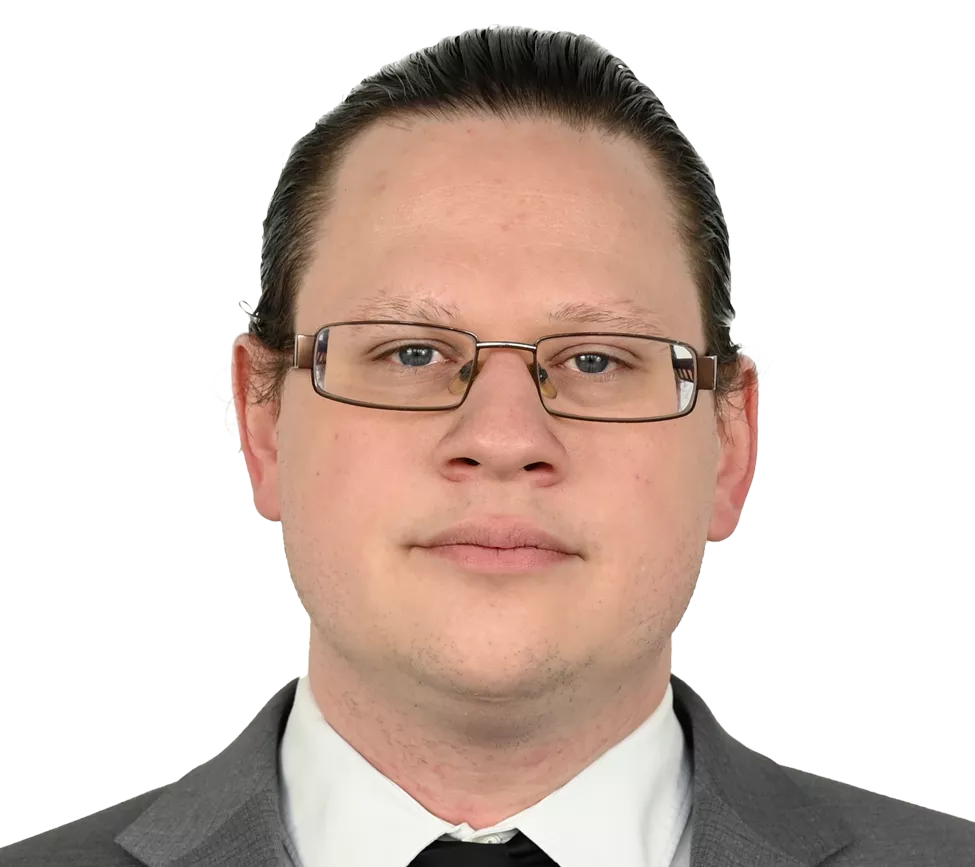

- Ph.D., Chemistry, Temple University, 2021
- M.S., Industrial Chemistry, University of Pisa, Italy, 2013
- B.S., Industrial Chemistry, University of Pisa, Italy, 2011
- Postdoctoral Associate Lecturer, Chemistry, Boston University, 2021-2022
- Graduate Teaching Assistant, Chemistry, Temple University, 2015-2018
- English
- Italian
Dr. Aguirre is a materials chemist with a background in composite solid electrolyte formulation, characterization and testing for advanced energy storage applications. He focuses on failure analysis and quality assessment of lithium-ion batteries across multiple commercial, industrial and medical device applications with particular emphasis on consumer electronics and consumer products. He brings substantial experience with prototyping novel electrolytes, electrode formulation, and materials characterization techniques including Electrochemical Impedance Spectroscopy (EIS), full cell cycling, Raman spectroscopy, Cyclic and Linear Sweep Voltammetry (CV and LSV) to solve complex problems related to advanced battery systems. Dr. Aguirre additionally has nearly half a decade of experience with Thermogravimetric Analysis (TGA) and Differential Scanning Calorimetry (DSC), which he uses to identify and solve problems in material behavior at the early stages of development.
For his doctoral studies at Temple University, Dr. Aguirre performed extensive work on developing a novel hybrid solid electrolyte based on a lithium LAGP glass-ceramic electrolyte and a custom blend of silane polymer electrolyte. Using his extensive experience of materials characterization, he was able to prepare a lithium-resistant composite electrolyte with high thermal stability and good mechanical properties. He also helped prototype a full cell with a novel cocrystal-based electrolyte (adiponitrile and LiPF6), leading to a nearly 50% improvement in cycle life when compared with the original design. Dr Aguirre also has a background in inorganic chemistry, having served as a postdoctoral fellow at Boston University's chemistry department. At BU he synthesized a fluorinated ligand for use with first-row transition elements, as part of efforts to perform sustainable C-H activation on hydrocarbons and other cheap substrates.